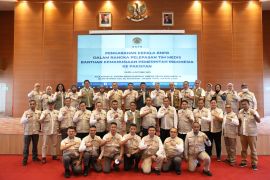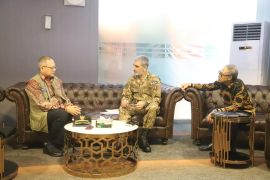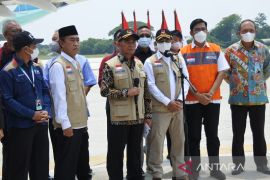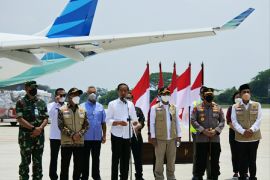The killing of the al Qaeda chief in a U.S. raid on May 2 has strained ties between Washington and Islamabad, with suspicion in the United States that Pakistan knew where bin Laden was hiding and Pakistan angered by a raid it saw as a violation of sovereignty.
The drone strikes also anger many Pakistanis and are a source of friction between the allies. Pakistan officially objects to the attacks although U.S. officials say they are carried out on an understanding with Pakistan.
A drone fired two missiles at a vehicle in the North Waziristan region that was heading towards the Afghan border, killing eight militants, the Pakistani officials said.
"At least four drones are still flying over the area," said one of the officials, who declined to be identified.
The U.S. CIA regularly launches attacks with its pilotless aircraft at militants in Pakistan`s Pashtun tribal lands who cross into Afghanistan to battle Western forces there.
But the third such strike since bin Laden`s killing indicated an intensification of the attacks compared with the weeks before the Saudi-born militant was killed.
The U.S. raid on bin Laden`s compound has embarrassed and enraged Pakistan`s military and has added to already strained ties.
Pakistan rejects allegations that it was either incompetent in tracking down the man behind the Sept. 11, 2001, attacks on the United States or complicit in hiding him in the town of Abbottabad just 50 km (30 miles) from Islamabad.
Bin Laden`s killing has also led to domestic criticism of the government and military in Pakistan, over both the fact bin laden had been able to live in the country apparently undetected, and over the secret U.S. raid.
Opposition leader and former premier Nawaz Sharif accused the military`s powerful spy agency of negligence and incompetence.
Sharif, who heads the largest opposition party, rejected a government decision to put an army general in charge of the inquiry into intelligence lapses that led to bin Laden`s killing, calling instead for a judicial commission to dispel doubts about the objectivity of the investigation.
U.S. special forces swooped in on helicopters from Afghanistan undetected by Pakistani forces to kill bin Laden in his high-walled lair. (*)
Editor: Kunto Wibisono
Copyright © ANTARA 2011











